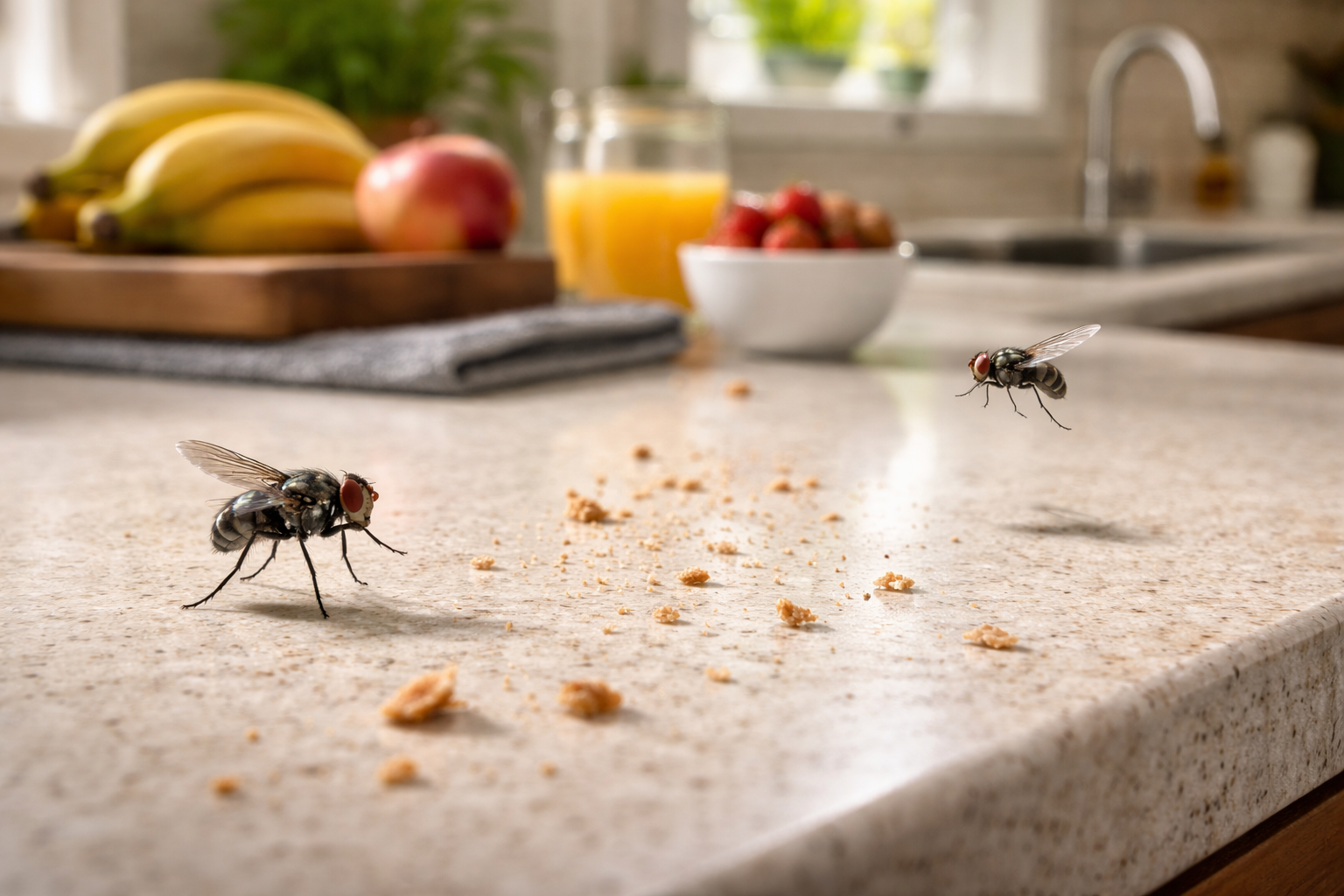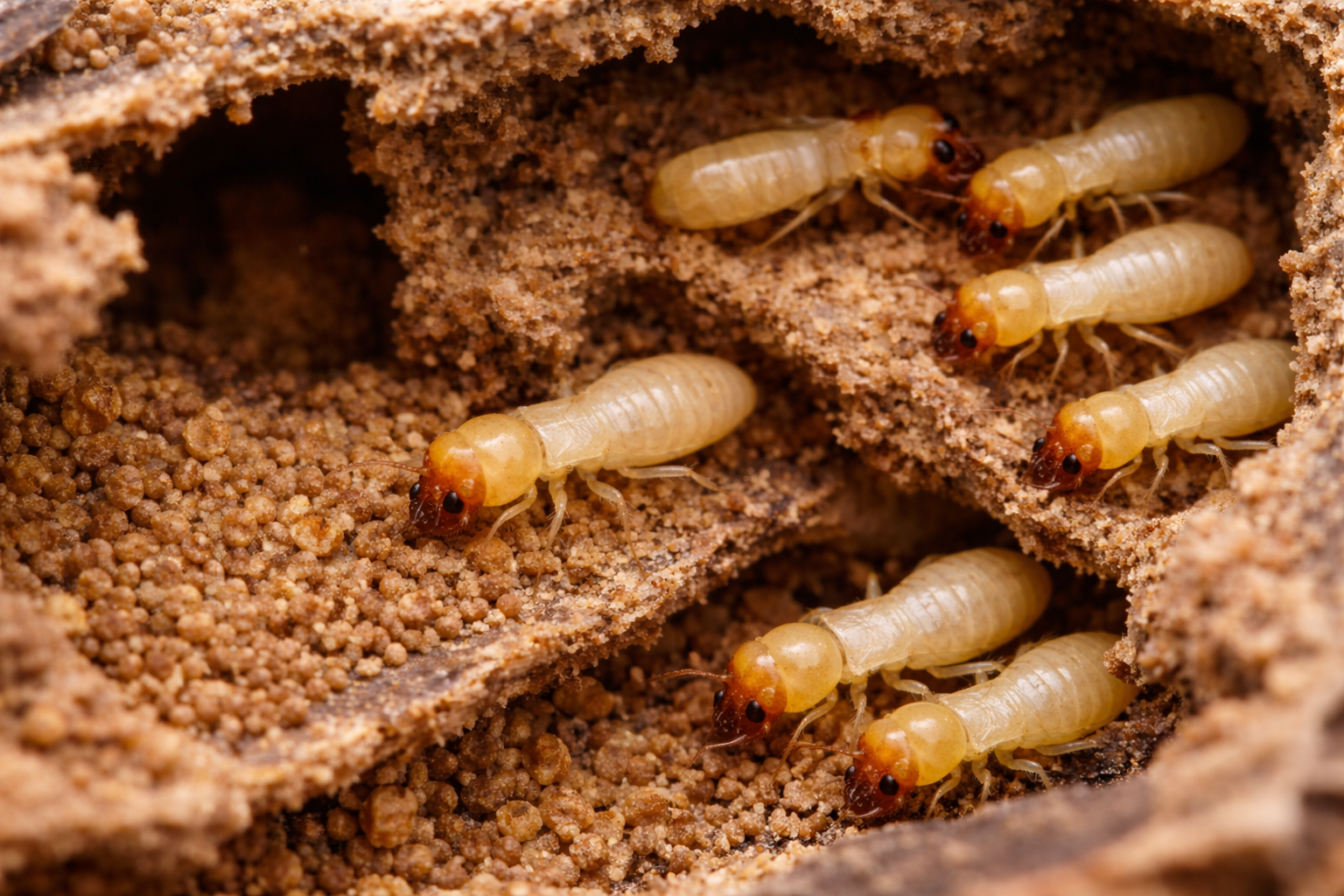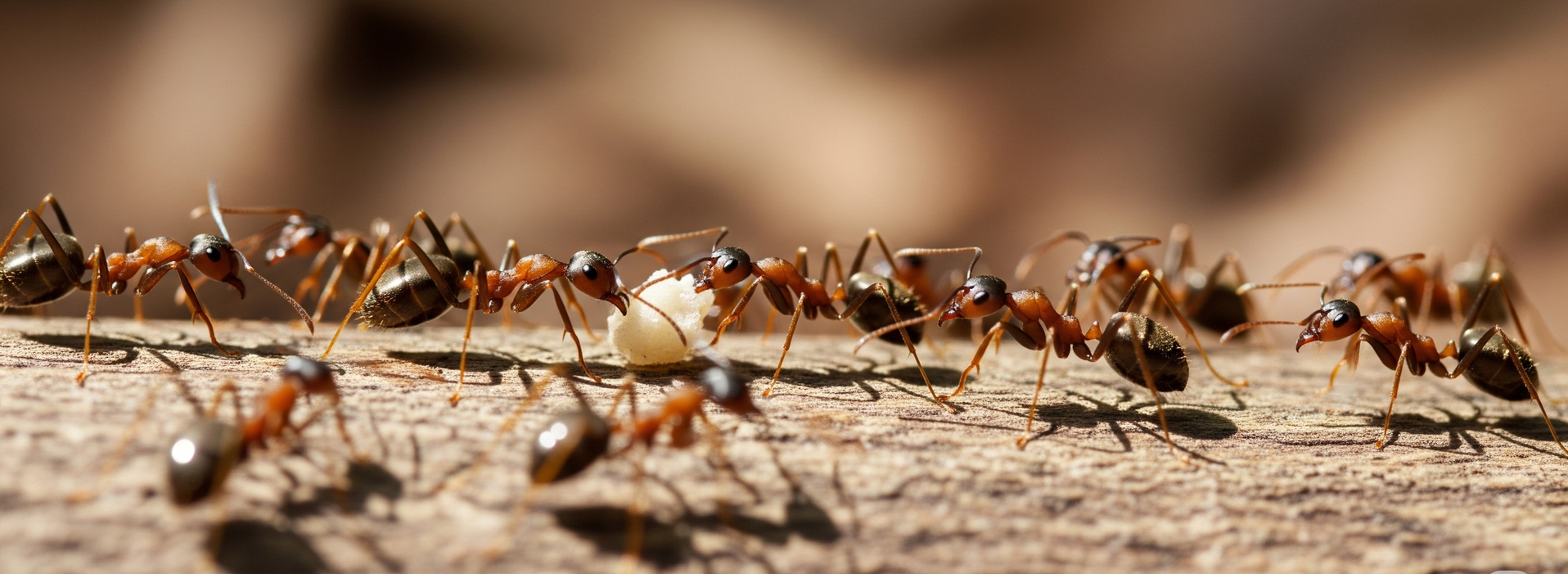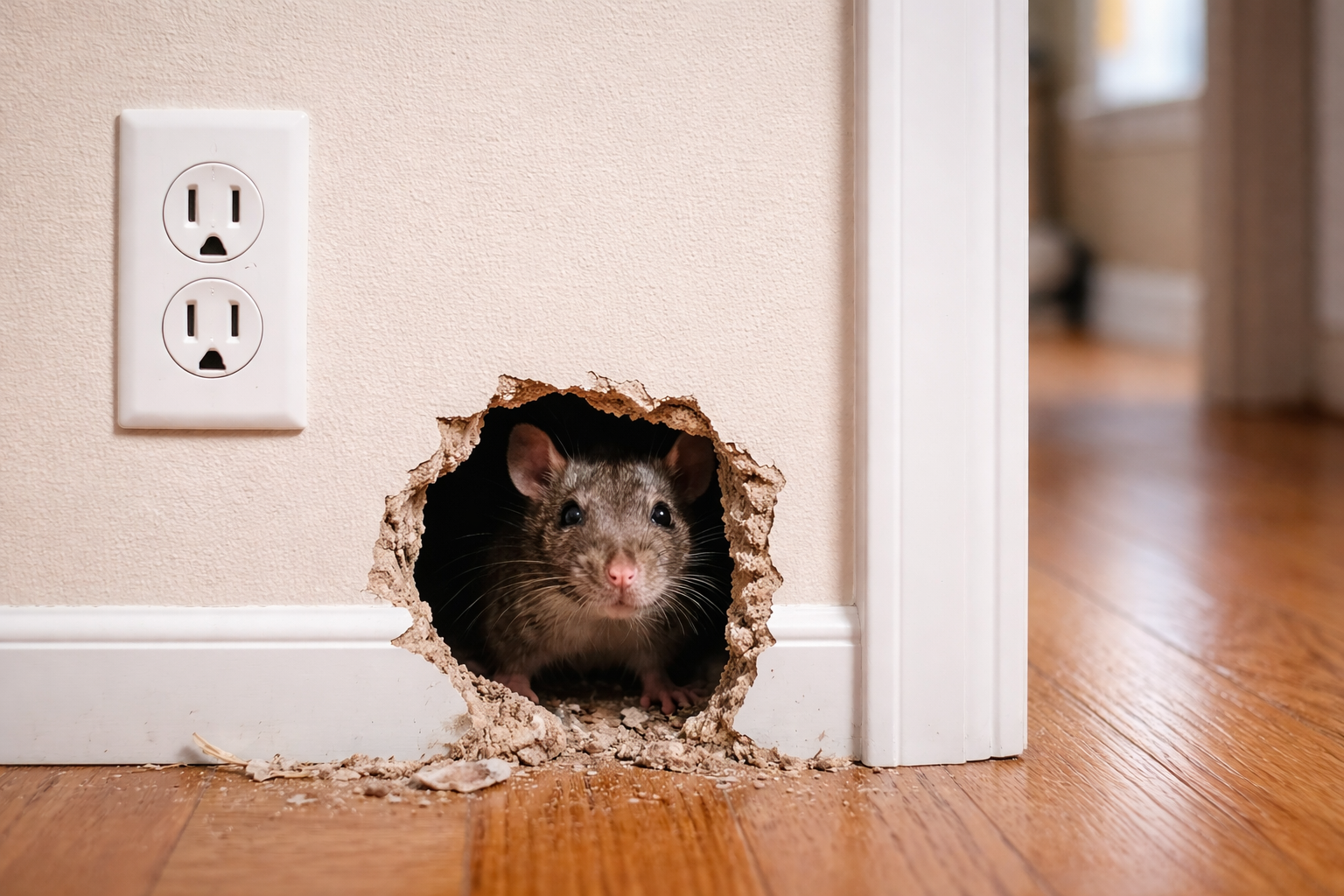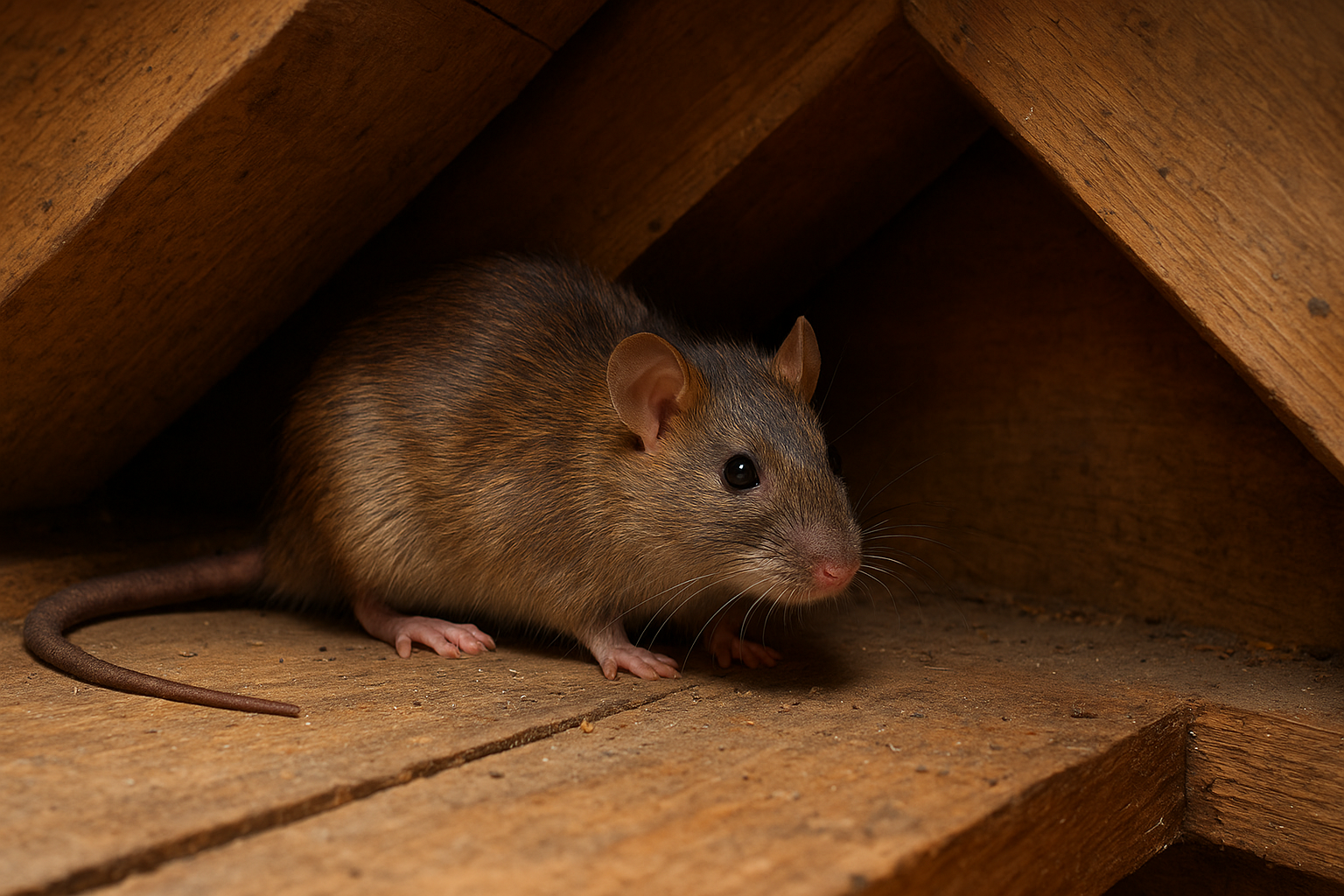Effective Mosquito Control in Florida
Discover why Florida mosquito control is essential, and how expert treatments beat home remedies. Stay bite-free with Insect IQ.
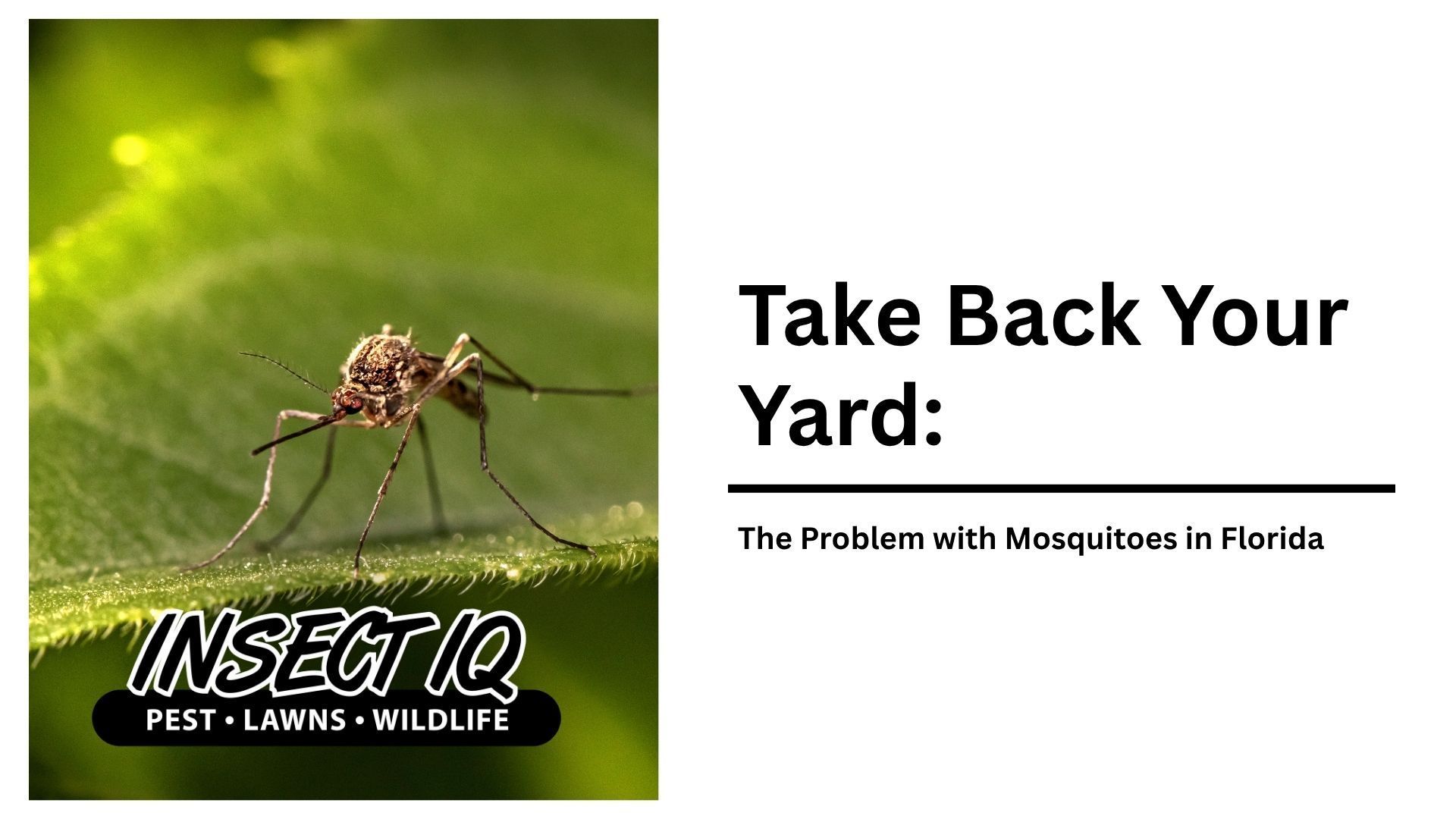
Take Back Your Yard: The Problem with Mosquitoes in Florida
In Florida, we enjoy lush landscapes, warm weather, and beautiful outdoor living—but we also battle one of the most relentless pests: mosquitoes. These buzzing nuisances can quickly turn a backyard BBQ into a swatting session. The worst part? Their presence isn’t just annoying—it can be dangerous.
Without proper mosquito control, these insects will continue to breed and thrive in your yard. They interrupt outdoor family time, affect pets, and make evening activities nearly impossible. Plus, they’re more than a minor inconvenience; mosquitoes are known vectors for life-threatening diseases, including West Nile Virus and Zika.
For Florida homeowners, mosquito control isn’t a luxury—it’s a necessity. And while many try to manage the issue with home remedies or DIY sprays, the reality is that professional mosquito control services are the only way to achieve long-term, meaningful results.
Understanding Mosquitoes in Florida: What You’re Dealing With
Before we dive into treatment options, it’s important to understand your enemy.
When Mosquitoes Breed
Mosquitoes love Florida’s climate. The warm, moist environment gives them the perfect conditions to breed—especially during the rainy season from March to October. Female mosquitoes lay their eggs in standing water, and within just a few days, larvae hatch and develop into biting adults.
Where They Breed
Anywhere with stagnant water is a potential mosquito nursery. This includes:
- Birdbaths
- Clogged gutters
- Plant saucers
- Kiddie pools
- Old tires
- Overwatered lawns
- Shaded areas under decks or shrubs
Even a bottle cap full of water can host hundreds of mosquito larvae.
The Dangers They Pose
Mosquitoes are infamous for their bites, but their greatest threat lies in their ability to carry diseases, such as:
- West Nile Virus
- Zika Virus
- Dengue Fever
- Chikungunya
- Eastern Equine Encephalitis
Children, the elderly, and individuals with compromised immune systems are especially vulnerable. The risks are even higher for those who spend time outdoors in mosquito-heavy zones or have untreated properties.
That’s why consistent, proactive mosquito control is so important in Florida.
Why Home Remedies Just Don’t Cut It
If you’ve ever Googled “how to get rid of mosquitoes,” you’ve seen countless DIY suggestions: citronella candles, coffee grounds, dish soap traps, and essential oil sprays. These may provide minor, short-lived relief, but they don’t get to the root of the problem.
Here’s where these home remedies fall short:
1. They Only Target Adult Mosquitoes
Candles, sprays, and fans may deter adult mosquitoes temporarily, but they do nothing for eggs, larvae, or hidden breeding sites. This means the problem keeps coming back, no matter how often you reapply or refresh your traps.
2. They Lack Full Property Coverage
You might treat your porch or deck, but what about the back corner of your yard or the undergrowth around your fence? DIY remedies don’t offer the comprehensive property coverage needed to stop mosquitoes from repopulating.
3. They Require Constant Reapplication
Homemade mosquito solutions typically wear off quickly, especially in Florida’s humid climate. You’ll find yourself constantly reapplying sprays or refreshing candles—with little payoff.
4. They Don’t Stop Disease Risks
Most importantly, DIY options don’t eliminate the health risk posed by mosquitoes. Without professional intervention, your family and pets remain vulnerable to mosquito-borne illnesses.
Why Professional Mosquito Treatments Are Worth It
Now let’s talk about what actually works: professional mosquito control.
When you hire a licensed pest control company like Insect IQ, you’re not just getting a quick spray—you’re getting an integrated, science-based solution that targets every stage of the mosquito lifecycle. Here’s how professional treatments go above and beyond.
1. Property Inspection and Customized Plan
Every yard is different. A licensed mosquito control technician will assess your property to identify:
- Standing water sources
- Shaded, moist breeding areas
- High-risk zones near foliage, fences, or drainage areas
After the inspection, they create a customized mosquito control plan tailored to your home’s unique needs—something no store-bought solution can match.
2. Larvicide Treatments
Killing adult mosquitoes isn’t enough. Effective mosquito control starts with treating the larvae before they can bite. Technicians apply larvicides to standing water that can’t be removed (like water features or rain barrels) to stop mosquitoes from maturing.
3. Barrier Spray Treatments
Professionals use EPA-registered insecticides designed for mosquito control. These are applied as barrier sprays around:
- Shrubbery
- Tree lines
- Foundation areas
- Entry points
This creates an invisible shield that kills mosquitoes on contact and keeps working for up to 21 days.
4. Recurring Services for Long-Term Control
Florida’s climate means mosquitoes aren’t a one-time problem. That’s why recurring mosquito control services are essential. Insect IQ offers scheduled treatments—typically every 3 weeks during mosquito season—to maintain protection all summer long.
Benefits of recurring service include:
- Prevention of new infestations
- Consistent bite-free enjoyment of your yard
- Long-term cost savings vs. repeat DIY attempts
- Peace of mind knowing professionals are monitoring your property
5. Pet and Family-Friendly Solutions
Today’s professional treatments are both effective and safe when applied correctly. Insect IQ’s technicians follow strict safety protocols, and treatments are designed to be safe for:
- Children
- Pets
- Wildlife
- Pollinators (when applied responsibly)
You can usually return to treated areas within 30 minutes to an hour, depending on conditions.
Why Choose Insect IQ for Mosquito Control in Florida?
At Insect IQ, we understand how disruptive mosquitoes can be—and we’re here to help you reclaim your yard.
Our trained technicians are Florida experts, fully licensed and experienced in dealing with the unique mosquito challenges of our climate. We use proven techniques, premium-grade products, and a customer-first approach that ensures satisfaction from the first treatment to the last.
What sets Insect IQ apart:
- 25+ years of local pest control experience
- State-certified mosquito control professionals
- Eco-conscious, family-safe treatment options
- Transparent pricing and flexible service plans
- Prompt scheduling with no long-term contracts required
Reclaim Your Outdoor Space—Starting Today
You don’t have to live with mosquitoes. Say goodbye to bug spray and citronella candles and hello to long-term, professional mosquito protection.
👉Learn more about your mosquito control service with Insect IQ today and take the first step toward a bite-free, worry-free Florida summer.


